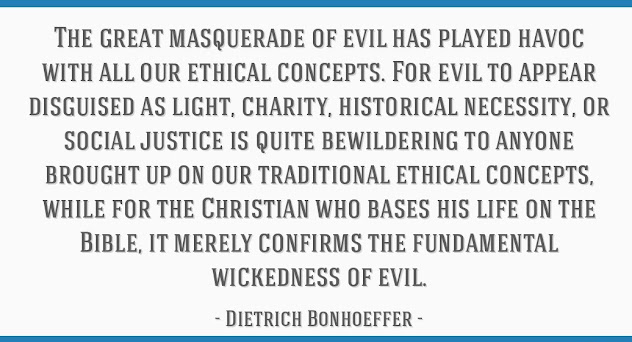I'm a week early posting this but you get to a certain age and you realize there's no time to dilly dally.
A letter to those just starting out in committed relationships:
-----------------------------------------------------------------------
Dear Newbies,
Hubs and I have had a running joke for 36 years (and counting). He'll say, "You're the best." I reply, "So far." Then we laugh.
There is a history under this, of course. Given we have both been married more than once we acknowledged, early on, that sometimes you have to practice to make perfect. Somehow, three and half decades into this experiment we seem to have achieved a kind of imperfect perfection.
I readily admit that the first five years I had a secret PLAN B because I brought three offspring, including two teenagers, to the arrangement. Regardless that he caused his own parents to gray prematurely when he was a teen, he seemed to expect that my teens should think and behave like adults. As one might expect there were some pretty tense days, especially for me, the one in the middle. I was prepared that one day he would announce that 'this was not what he signed up for' and, frankly, I would not have blamed him if he bailed.
But bail he did not. He hung in through the testy GROWING UP years. Eventually the teens became adults who have had their own teens to deal with. Some might refer to that as karma. I see it as the circle of life. What goes around comes around.
No one can argue that real life isn't messy and for all the drama we've dealt with now and again, I can gratefully say the last 36 years have been way more up than down. Admittedly there have been many challenges, in this ongoing story of practice to perfection. For example, when he decided to start his own business 21 years ago and we had no income for 2 years we tightened the belt, used our Y2K storage and cashed in a 401k to survive. He worked in a home office for several years. To grow the business, instead of taking out a loan, he put our personal property up as collateral for the bonding insurance. It was a gamble but he believed he could do it and I believed in him.
In the BUILDING YEARS he often put in 12 hour days, his mind always occupied, sometimes myopically obsessed with business. But just as he held on during the TEEN YEARS I held on during the All BUSINESS YEARS. At age 73, two decades later, he sometimes still puts in 10-12 hour days but that is who he is. He is a get-er-done doer and he does not bail when the going gets tough. He just does what has to be done and so he keeps things running in his business life as well as in our home life. I have often referred to our union as being synergistic. He is the mechanic who makes things work, I am the finisher who makes things comfortable. The whole is greater than its parts.
The conclusion I draw from the last 36 years of our work in progress is that success comes from a mutual commitment that begins with a stepping up to an all-in-for-better-or-worse attitude that produces a give and give back in equal measures result. The equal measure thing is a critical element.
However...
If I had to name one single factor that makes it all work even in the worst of days, it would be ... humor.
Laughter sands down rough edges, breaks the ice, builds bridges over troubled waters. And is the glue that holds it together when it seems like it threatens to fall apart.
A year ago, to commemorate our 35th anniversary, I wrote a song and made a video. Though falling admittedly way short of perfect it represents for me that what is perfectly imperfect can also be referred to as being simply...
the best... so far.
Love,
Meema


